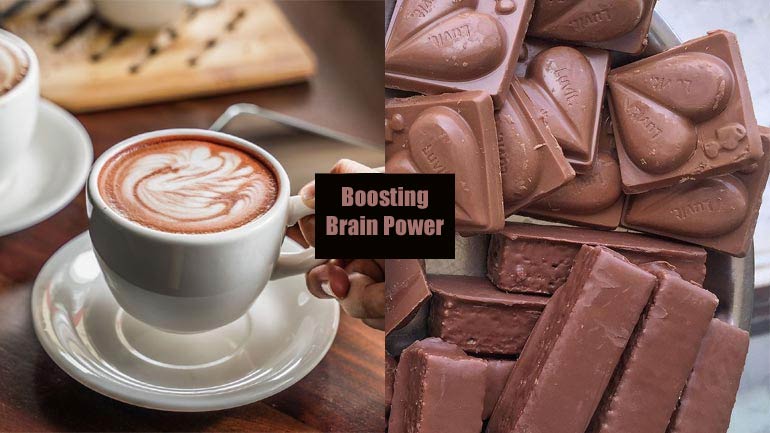
The nutritional supplement industry is big business – in the United States alone consumers spend over 30 billion dollars on vitamins and herbal supplements every year. Over 3 billion dollars of that is spent on one of the fastest-growing segments of the supplement industry: brain enhancers known as nootropics.
A nootropic is any drug or supplement that may enhance cognitive abilities – the mental functions dealing with logic (as opposed to emotions). People take nootropics in the hopes of improving their focus, creativity, memory, or motivation.
People who get into nootropics really get into them. It’s not unusual for a person to spend a hundred dollars or more monthly on taking what they feel is the perfect combination of brain-enhancing supplements. Most of us would be more than happy to pop a pill that improves our brain function, but few of us can afford or justify dropping big bucks on daily supplements. The good news is that anyone can get the beneficial effects of these brain-builders for very little cost. That’s because nootropics are a natural part of many of the foods we eat and drink.
Coffee
You can probably guess what ingredient in coffee gives a cup of java the power to boost your cognition. Caffeine is one of the most common ingredients in nootropic stacks – brain-enhancing supplements that contain several nootropic ingredients. As any consumer of caffeine knows, caffeine has been shown to improve energy levels. However, it also improves a number of brain functions including mood, memory, and alertness.
Caffeine does its magic in a variety of ways, including by causing the body to release more dopamine – a neurotransmitter, or chemical messenger, that passes information between brain cells. Dopamine has several positive effects on the brain, including assisting in focus attention, and memory formation and retention.
Dark Chocolate
Chocolate has a reputation for being delicious, but not very healthy. That reputation is deserved – for milk chocolate, but not for dark chocolate. Compared to milk chocolate, dark chocolate has less sugar and more cocoa. And it’s the cocoa that’s the healthy part of chocolate. Cocoa is rich in flavonoids – micronutrients that are present in many plants. Flavonoids increase brain blood flow and improve oxygen levels, which benefit brain function. If you love chocolate, continue to enjoy your treat. Just remember, when it comes to chocolate, the darker the better.
Oily Fish
The “oily” part of “oily fish” may sound unhealthy, but here we’re talking about omega-3 fatty acids, which are a “good” oil. Over 60 percent of the brain is made up of fat, with omega-3 fatty acids being the most important type of that fat. If you have trouble with memory? Anxiety, stress, or depression can also cause forgetfulness, difficulty concentrating, confusion, and other problems that interrupt daily life activities. Chronic alcoholism and other drugs can also seriously impair mental abilities. So avoid all of them and adopt a natural and healthy diet. In some cases, you may also need the best memory supplements to boost your memory.
Omega-3 fatty acids help with the development of the membranes that surround brain cells and assist in the maintenance of brain cell connections. Low levels of omega-3 fatty acids are associated with memory loss, and it’s thought that maintaining adequate levels of this fat may provide protection against Alzheimer’s disease.
You can’t go wrong with a couple of servings per week of oily fish such as salmon, tuna, herring, or sardines. In addition to providing brain benefits, omega-3 fatty acids are thought to help in preventing heart disease, cancer, and arthritis.
Berries
Blueberries, strawberries, and other berries are packed with antioxidants that can protect the brain from oxidative stress and improve brain function. They may also help delay age-related cognitive decline.
Leafy Greens
Spinach, kale, and other leafy greens are rich in vitamins and antioxidants, which can help maintain cognitive function and reduce the risk of mental decline.
Nuts and Seeds
Almonds, flaxseeds, walnuts, and chia seeds are excellent sources of healthy fats, antioxidants, and protein. They provide essential nutrients that support brain health.
Conclusion
Nootropics are natural or synthetic substances that are cognitive enhancers. They are thought to play a role in enhancing a person’s mental abilities. The caffeine in coffee, flavonoids in dark chocolate, resveratrol in, and omega-3 fatty acids in some fish are examples of nootropics.
By eating foods that are naturally high in nootropics you will be building a better brain, and doing so in a low-cost, enjoyable way!






